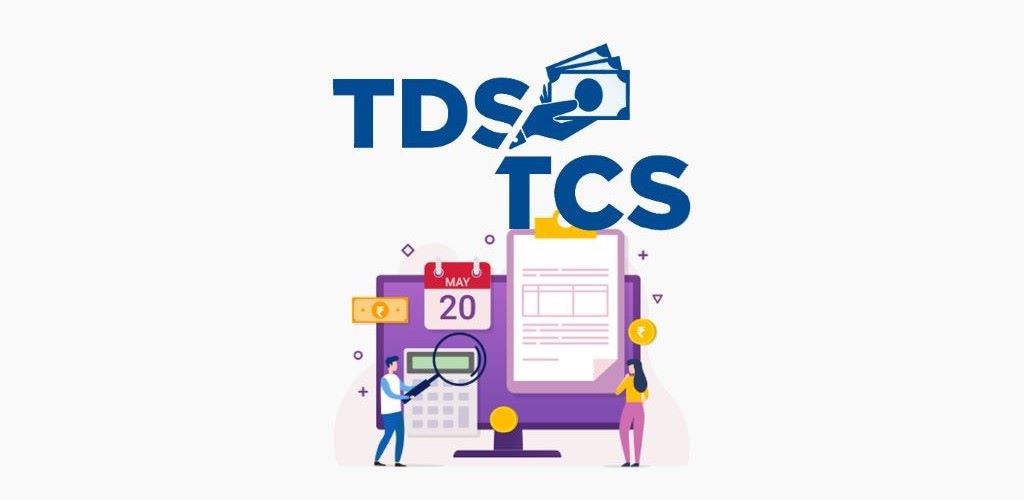1. Introduction of Freelance Taxation in India:
Salaried employees make it simple to file their income tax returns, or ITRs. The HR department is in charge of sending out Form 16 notifications and giving information on tax filing deadlines and deductions. It’s a little more tricky for freelancers and consultants, who generally have several clients and earn money from multiple sources. In this text, we attempted to keep the ideas and methods for independent contractors as simple as possible., freelancers in India are required to pay taxes and file income tax reports. People who earn a salary and those who work as freelancers have different tax filing procedures.
2. Indian freelancers’ taxes
As self-employed individuals, freelancers in India are obligated to pay income tax on their earnings. Here are some important tax rules and standards for Indian freelancers:
Tax Slabs: Freelancers are taxed based on the income tax slabs in effect for the fiscal year. The tax rates for 2021-22 are as follows:
- Rs. 2.5 lakh and above: Nil
- 2.5 to 5 lakh rupees: 5% between Rs. 5 lakh and Rs. 7.5 lakh: 10%
- 7.5 to 10 lakh rupees: 15%
- 10% off between Rs. 10 lakh and Rs. 12.5 lakh
- 25% – Rs. 12.5 lakh – Rs. 15 lakh
- More than Rs. 15 lakh: 30%
- Deductions: Under portions 80C, 80D, 80E, and other portions of the Income Tax Act, freelancers may deduct costs incurred for their businesses, such as office rent, supplies, and software costs. In addition to the above-mentioned charges, freelancers are also entitled to a standard deduction of Rs.
- TDS: Freelancers are obligated to deduct tax at source (TDS) from client payments if their yearly revenue exceeds Rs. 2.5 lakhs. TDS rates are normally 10%, but they might change depending on the kind of service offered.
- Advance Tax: Freelancers who foresee their total tax bill to be at least Rs. 10,000 must pay advance tax in installments. The deadlines for paying taxes in advance are June 15, September 15, December 15, and March 15.
- ITR submission: By the due date, which is normally July 31 of each year, freelancers must submit their income tax reports (ITR) online. The ITR form is determined by the freelancer’s income and business setup. ITR late filing may result in fines and legal repercussions.

We Are The Best GST Service Providers
ITR Filing for Freelancers
As a freelancer, you are self-employed and must file an income tax return (ITR) in India. Taxation of Independent Contractors: Here’s a step-by-step guidance to filing your ITR:
- Collect all relevant papers: You will need to gather all necessary documents such as your income statement, invoices, receipts, bank statements, and TDS certificates.
- Determine the appropriate ITR form: Depending on your income and business structure, you will most likely file ITR-3 or ITR-4 as a freelancer.
- Determine your taxable income: You must compute your overall revenue, taking into account all sources of income such as freelance earnings, interest income, and capital gains.
- Deduct your expenses: You can deduct company expenses linked to your freelancing job from your overall revenue, such as office rent, equipment, and software.
- Determine your tax liability: You can calculate your tax liability based on your taxable income using the income tax slabs and rates in effect for the fiscal year.
- Pay any unpaid taxes: If you have any unpaid taxes, please be sure to pay them before filing your ITR.
- Online ITR filing: You can submit your ITR online utilising the Income Tax Department’s e-filing website or a third-party tax filing provider. Make careful to fill out the ITR form accurately and authenticate it with your digital signature or Aadhaar-based OTP.
- Submit your ITR: Once you’ve completed and verified your ITR form, send it to the Income Tax Department. You will be given an acknowledgment receipt, which you should keep for future use.
- Keep track of your ITR: For future reference and tax audits, keep copies of all papers, receipts, and ITR forms.
Conclusion
In conclusion, as a freelancer in 2023, it is critical to grasp the taxation regulations and meticulously file your Income Tax Return (ITR). Freelancers must declare and pay taxes on their freelance earnings, which include both local and overseas profits. It is critical to keep precise records of your income, spending, and deductions in order to calculate your taxable income. Furthermore, remaining current on tax legislation and seeking professional assistance can help you minimize your tax liability and assure compliance with the regulations. To avoid fines and maintain a good financial status, you must file your ITR on time and precisely.



